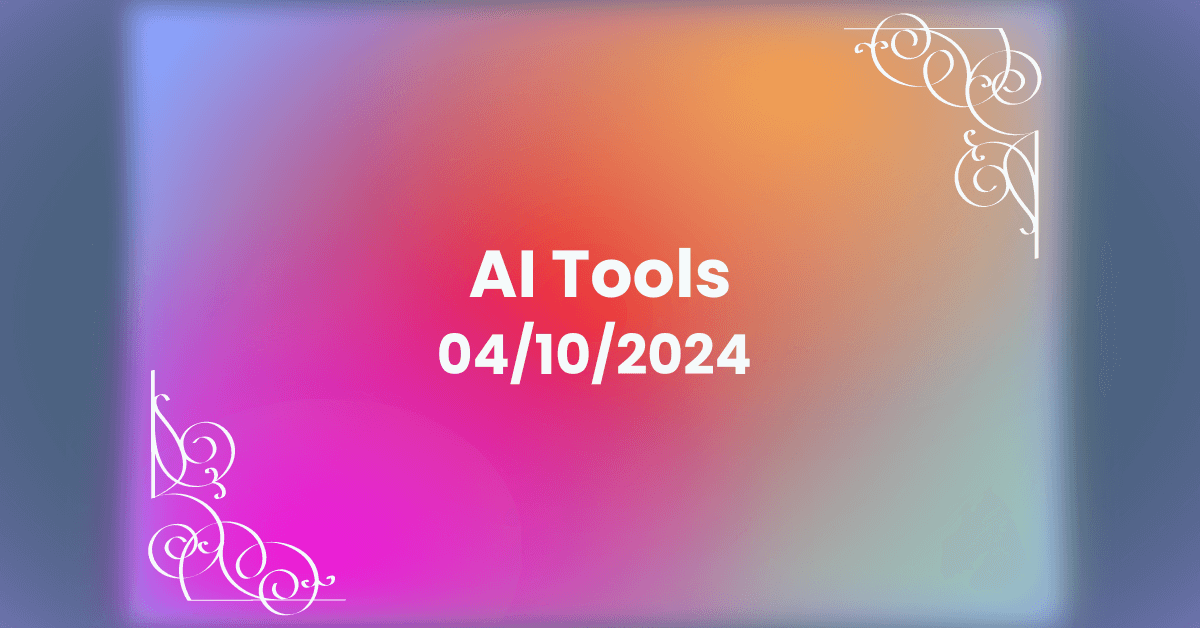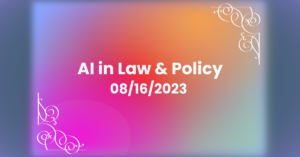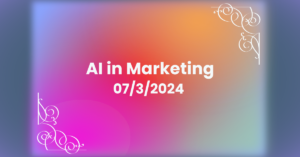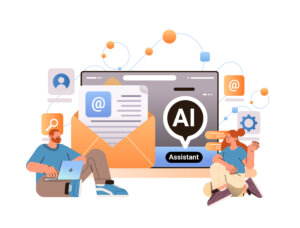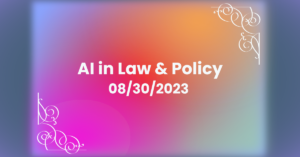Beyond Bugs and Debugs: Exploring Devin, the AI Dream Team Member
Let’s talk about Devin from Cognition Labs, the latest entity to claim it can revolutionize software development.
Devin is described as the world’s first autonomous AI software engineer, which is a fancy way of saying it’s a digital entity that might finally understand your GitHub woes better than your actual friends. It’s engineered to work alongside humans, tackling everything from bug fixes to deploying apps, essentially allowing you to offload your coding drama onto a very patient, non-human teammate.
What’s particularly ‘thrilling’ about Devin is its ability to autonomously plan, execute, and troubleshoot its way through software development tasks. It’s like partnering with someone overly eager to show off how many languages they can code in while you’re just trying to remember your login password. Devin’s knack for squashing bugs, deploying applications, and even training its own AI models is admittedly impressive. However, it somewhat resembles that overachiever in class who ruins the curve for everyone else.
Yet, the prospect of working with Devin is intriguing, akin to being assigned a group project where you’re not sure if you’re the leader or just along for the ride. It’s an opportunity to witness first-hand this AI’s version of a coding montage, minus the upbeat background music. Sure, an AI that can handle complex development tasks with robotic efficiency sounds groundbreaking. Still, it also begs the question – at what point does it stop asking for input and start making coffee runs?
In this brave new world where AIs like Devin are becoming part of the software development process, one can’t help but ponder the implications. It’s a mix of excitement and existential dread, watching as these digital beings potentially outpace our human efforts. The thought of AI handling the intricate dance of coding and deployment with ease is both a dream and a potential nightmare scenario, where I’m left wondering if my skills will become as obsolete as my old MySpace page.
In the grand scheme of tech revolutions, Devin’s entrance is like realizing your high school’s computer club just got a major upgrade, one that promises to make everything else look like amateur hour.
As a woman in this techie wonderland, diving into Devin’s world feels like straddling the line between ‘revolutionary coder’ and ‘soon-to-be supervisory relic.’ It’s challenging the age-old tradition of pounding on keyboards into the wee hours, offering instead a glimpse into a future where my biggest job is to oversee our new AI overlords doing the heavy lifting.
With every step Devin takes, we’re inching towards making coding a spectator sport for humans, potentially opening the floodgates to a world where creativity is the only barrier to tech innovation. It’s an odd mix of exciting and unsettling, like being promised a utopian tech paradise but realizing you might just be part of the audience.
So, as I navigate this brave new world, it’s with a blend of cautious optimism and a readiness to critique from the sidelines. After all, watching AI redefine software development is one thing, but ensuring it doesn’t turn our skills into historical footnotes is another game entirely.

